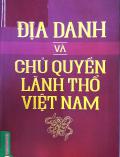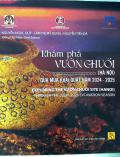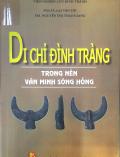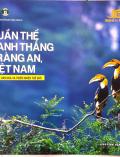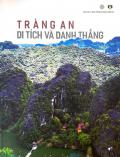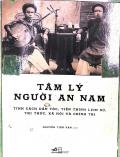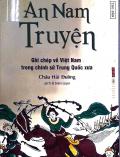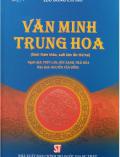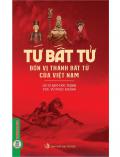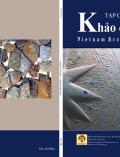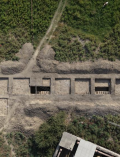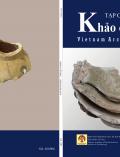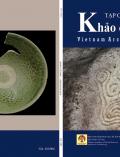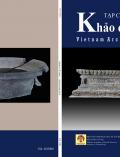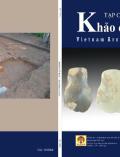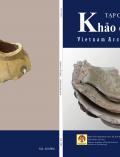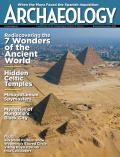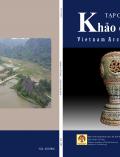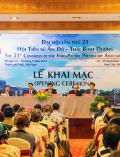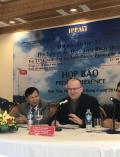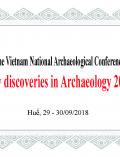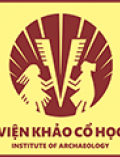Indigenous Archaeology: Asia Pacific Case Studies
David Blundell, National Chengchi University, Taiwan / University of California, pacific@berkeley.e
Frank Muyard, EFEO (French School of Asian Studies) / National Central University, Taiwan, frank.muyard@gmail.com
This proposal for our IPPA panel invites people working on sites from indigenous perspectives. Projects are centred on the cultural resources and experiences of local people exploring their heritage story vis-à-vis issues of language extinction, ethnic identification, access to cultural resources, equiped with advanced research technologies such as geographic information systems (GIS) and 3D mapping (virtal reality, VR displays), teaching of local history in public education, and adapting to multiculturalism and social transformation, all of which are components of cultural resource management (CRM). We encourage topics in the process of research for the understanding of socio-cultural development through historical ecologies and adaptive changes to landscapes and settlement patterns vis-à-vis early agriculture, horticulture, and urbanization.
Indigenous field schools in archaeology are prime examples to teach an overview of the historical influences from local ethnographic methods as applied to indigenous archaeology. This kind of interactive archaeo-ethnology could explore for example, indigenous responses to Spanish colonial rule creating the Ifugao rice terraces of the Philippine highlands of Luzon, Jiu / Xinxianglan Paiwan sub-group histories, early craft development in Orchid Island and the Batanes, and other local case studies of our regions in Asia Pacific to share with our colleagues and students.

